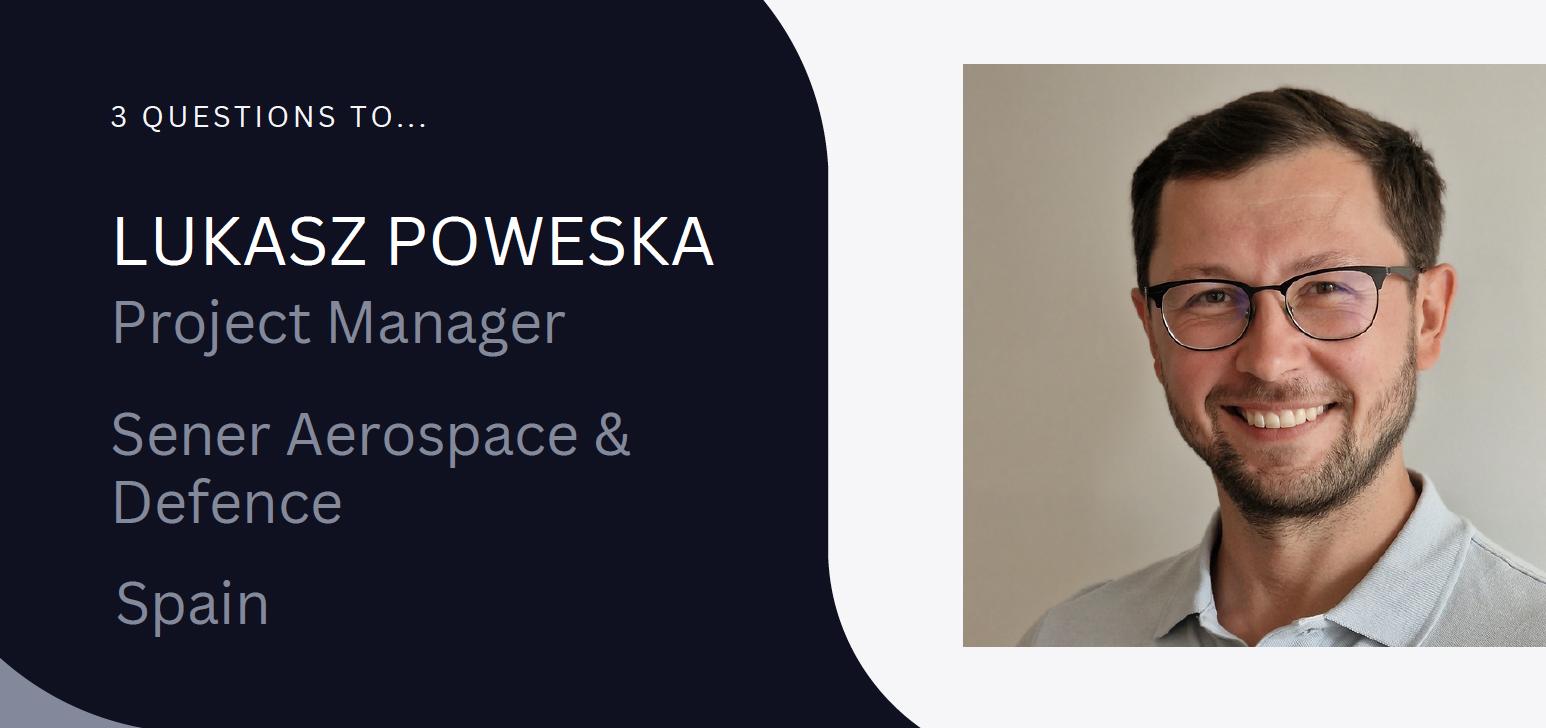3 questions to Lukasz Poweska from Sener Aerospace & Defence
05.09.2024
We asked 3 questions to Lukasz Poweska from Sener Aerospace & Defence (Spain)
Why did your company get involved in the COMMANDS?
Sener Aerospace & Defence recognized the strategic importance of the unmanned and optionally manned teaming in convoy operations, focusing on addressing critical needs within the European defence sector. As the convoy operations are exceptionally vulnerable in the battlefield, we believe that any enhancement of those parts of a mission are crucial in the future changes of warfare. Given our extensive expertise in various areas crucial to the project, including navigation and situational awareness, we felt compelled to play a central role in its execution. Additionally, as a company committed to advancing European defence capabilities, we saw the opportunity to lead a consortium of 21 European entities toward a common goal. By assuming the role of coordinator, we could effectively streamline communication, foster collaboration, and ensure alignment with the objectives set forth by the European Commission, major Stakeholders and finally – End Users.
What is your specific role in the project?
As the main coordinator of the COMMANDS project, Sener Aerospace & Defence plays a multifaceted role in driving its success. Firstly, we provide specialized expertise across various domains essential to the project, such as navigation and situational awareness. Additionally, we oversee the general coordination of the consortium, including general management, information security, product assurance and configuration. Our responsibilities extend to serving as the primary liaison between the consortium and the European Commission, facilitating effective project management and adherence to timelines. In essence, our specific role encompasses strategic leadership, technical expertise, and project coordination to ensure the successful realization of project objectives. Personally, my role is to provide the consortium with the needed tools and processes, as well as facilitate all the administrative and management aspects of the activity.
How do you see the added value of COMMANDS for the European armed forces?
COMMANDS project holds immense added value for the European armed forces, primarily through its focus on enhancing safety measures, information superiority in combat scenarios and man-machine teaming. By implementing innovative solutions across manned and unmanned vehicles, COMMANDS significantly strengthens convoy operations’ safety, reduces risks to troops, and improves overall mission effectiveness. Furthermore, the project’s emphasis on seamless man-machine teaming fosters a more agile and responsive defence ecosystem, aligning with the evolving nature of modern warfare. Ultimately, COMMANDS serves as a catalyst for elevating European defence capabilities, ensuring armed forces are better equipped to navigate complex operational environments and maintain a competitive edge on the global stage.